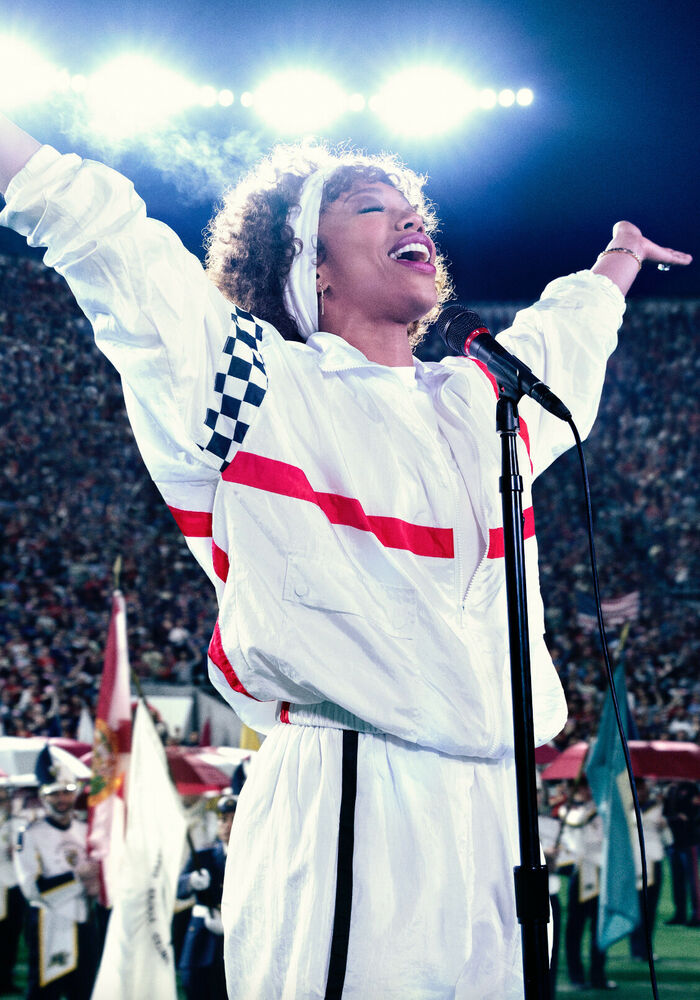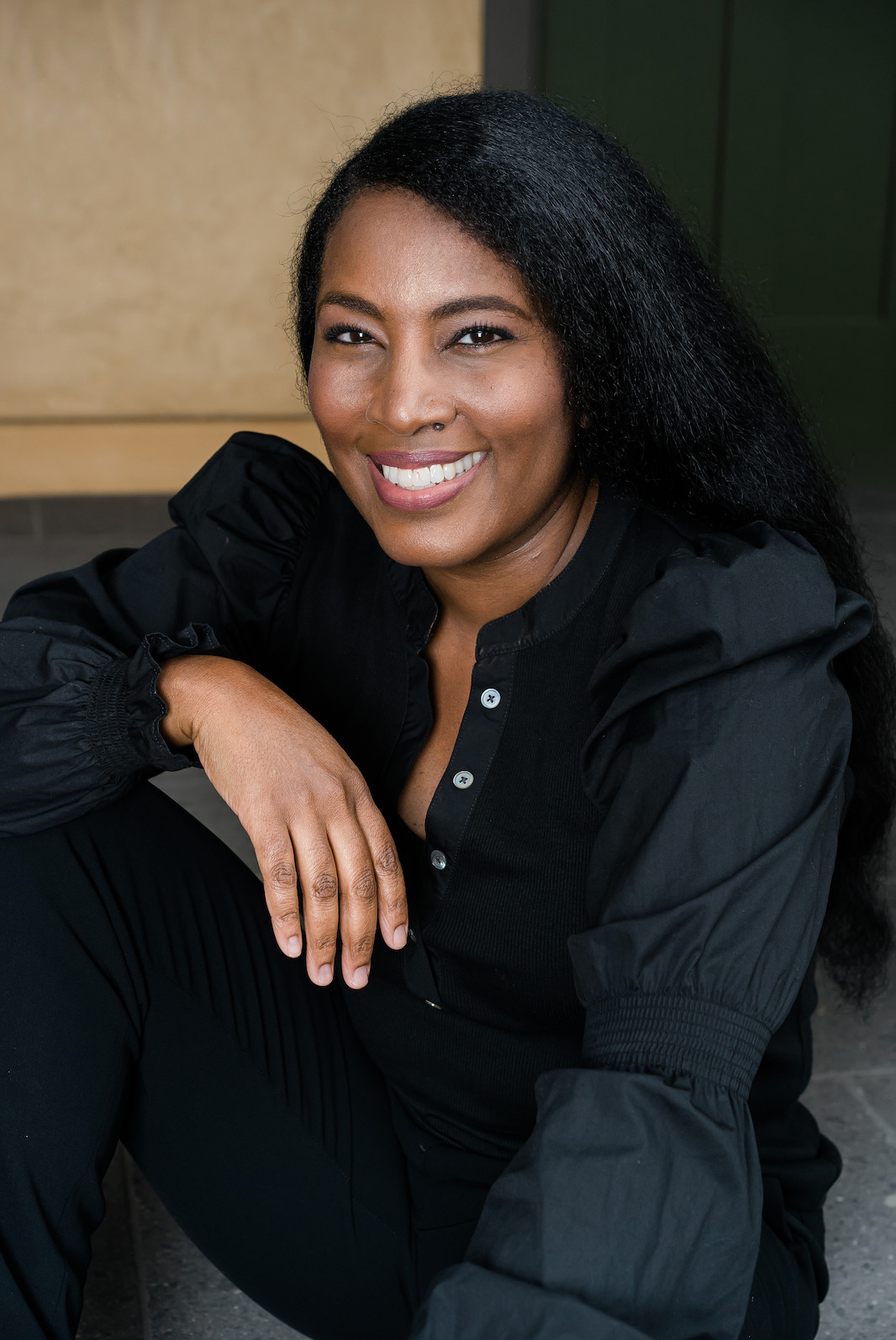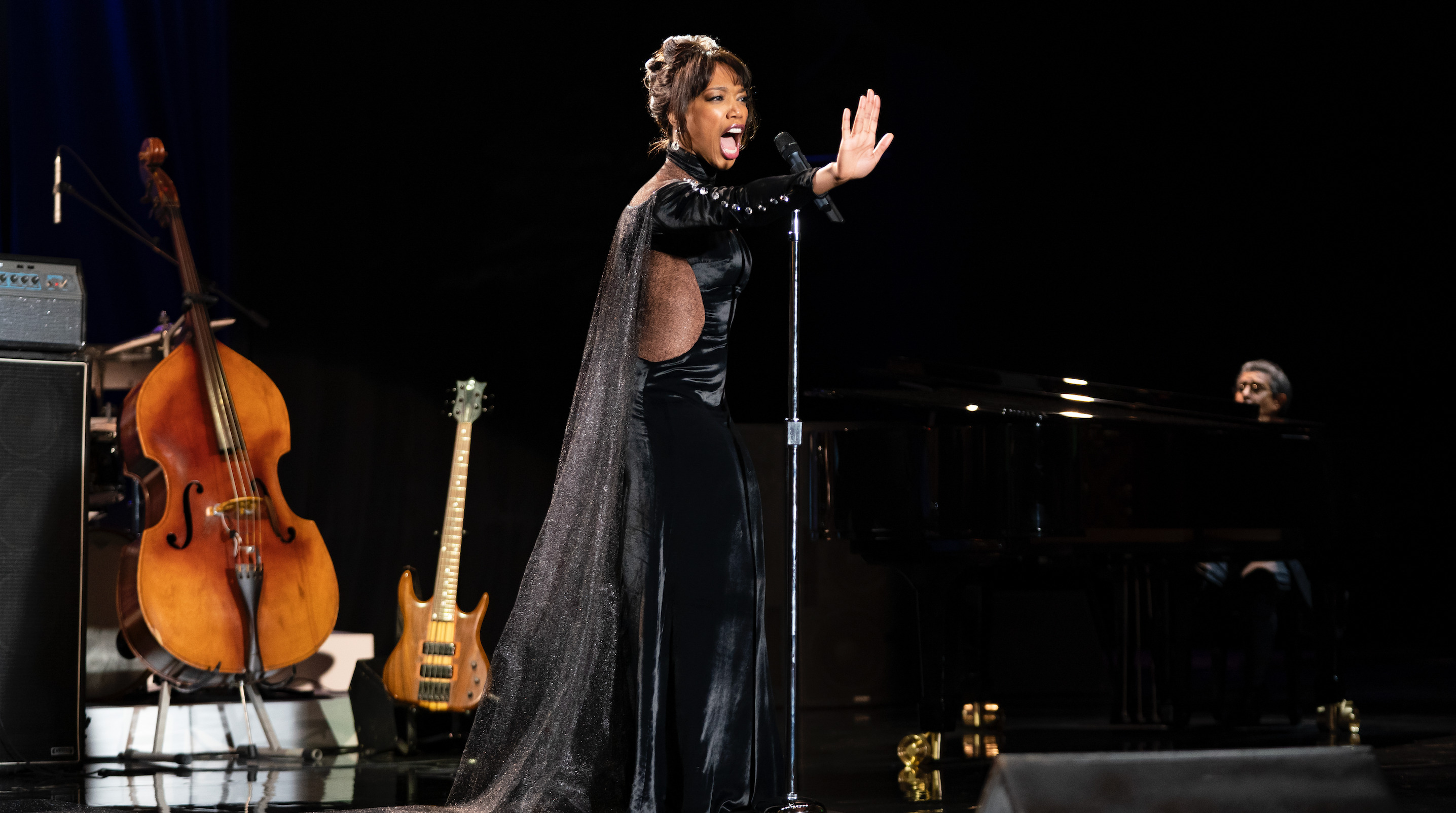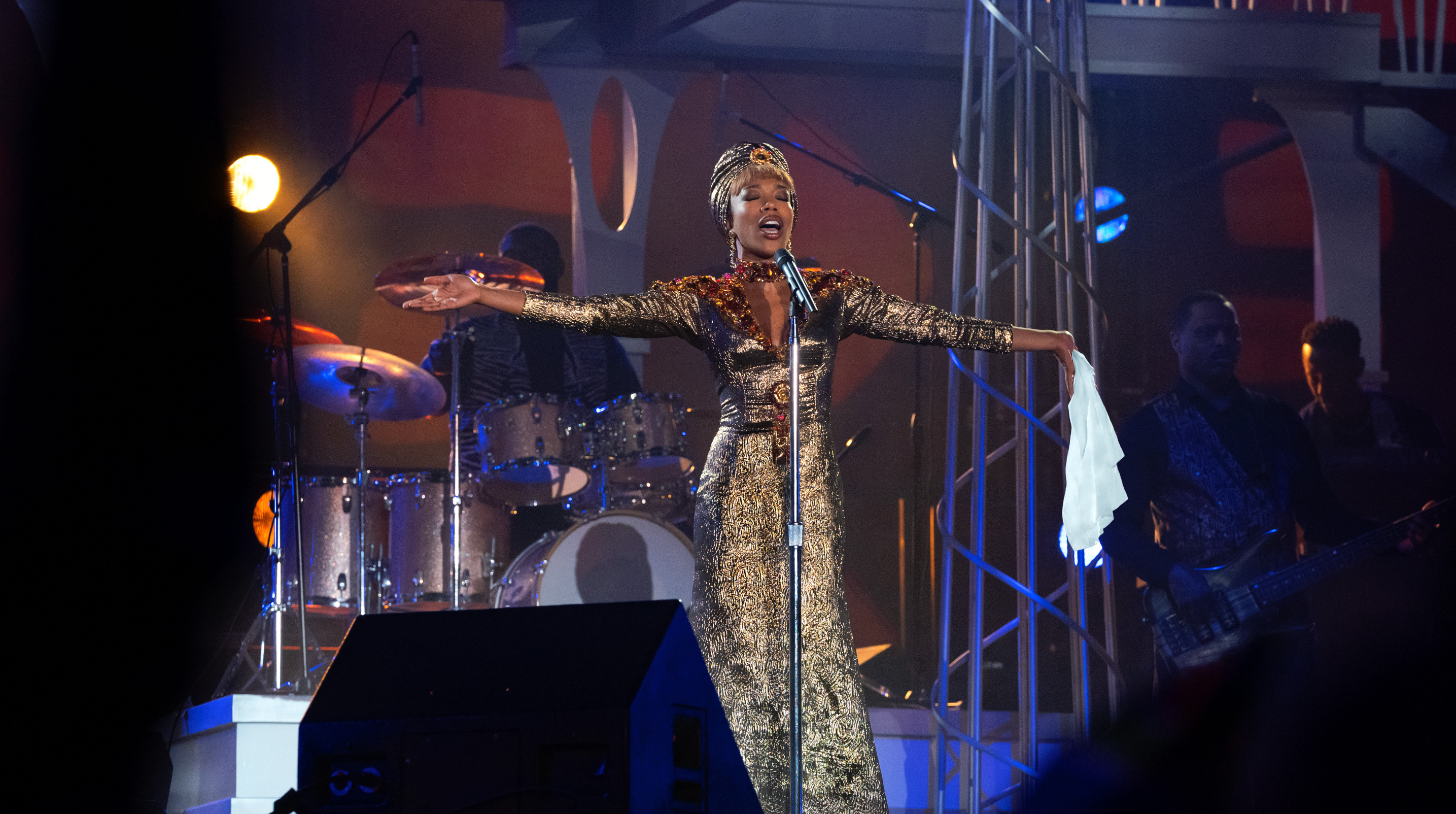Chanda Dancy was destined to write music. Composing orchestral works at the age of 12, fast forward into her adult life and Arts Boston named her one of 10 Contemporary Black Composers You Should Know.
These days she’s known for her work on the Sundance award winning documentary Aftershock, the hit Netflix original The Defeated and Korean War era epic Devotion, and her latest project saw her working on a project centring around one of her musical idols.
Directed by Kasi Lemmons, I Wanna Dance with Somebody is a joyous, emotional, heartbreaking celebration of the life and music of Whitney Houston, one of the greatest female R&B pop vocalists of all time. The trick, says Dancy, was to steer away from the melodrama by being purposeful and respectful with the score…
Long before you were a composer, were you a big Whitney Houston fan?
I actually remember the very first time I heard I Will Always Love You, where I was, and what I was doing. I was in middle school and we were having some sort of field day, and the administration had the radio playing and I Will Always Love You came on.
I remember being a little bit confused because there were no instruments, it was just her voice at first with the acapella part. When you're a middle schooler, you're like, ‘Oh, is that on purpose?’ But then it grows and then you understand, ‘This is a phenomenal song. This is different from anything you've heard before. This is amazing.’
That moment stuck with me. But my favourite Whitney Houston song is definitely Greatest Love Of All.
With that in mind, was it an immediate yes when you were asked to score the biopic, I Wanna Dance with Somebody?
It was one of the honours of my lifetime. There's no way when you're a little kid that you would imagine that you will one day be doing something like this. It's amazing. It's thrilling. I'm so proud.
When Kasi Lemmons and Maureen Crowe contacted me, my jaw hit the floor….the nerves came later! It's like, ‘Okay, let me make sure that I do right by Whitney and her family.’






